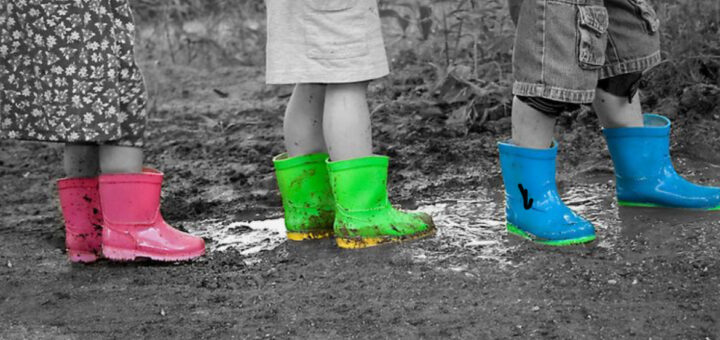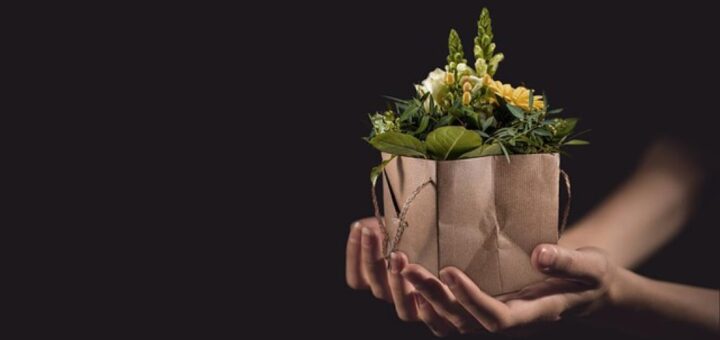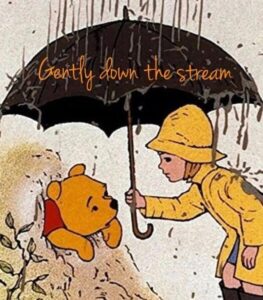Uniquely human
How do people generally judge or perceive themselves ? Do they presume themselves as a normal, average individual or believe that they have exceptional traits that make them unique compared to others. Most often, people consider themselves to be unique, their behaviour ideal even with all the flaws included. Ideal version A large majority of people are firmly convinced that he or she is unique. They perceive themselves along the same lines of the Shakespearean ideal, that is, What a piece of work is a man! How noble in reason! How infinite in faculty! in form and moving how express...






